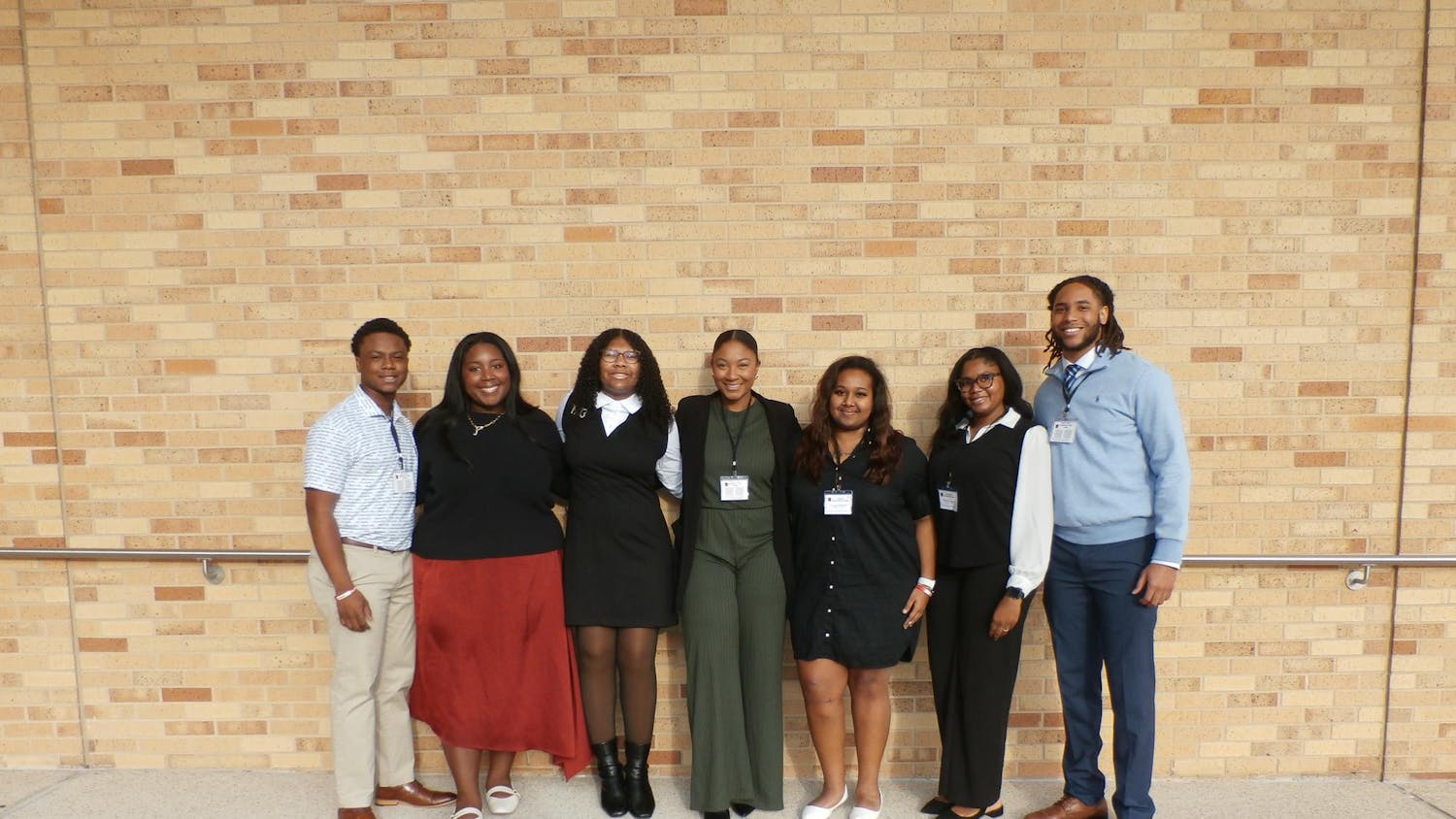One movement is asking people to stop and smell the roses, at least when it comes to food.
Julie Shaffer, professor and leader of the Slow Food chapter at Emory University, spoke to students about the Slow Food Movement, Oct. 26, in celebration of National Italian American Month.
In today's society, Shaffer said most people are in a hurry. People picking up prepackaged, microwaveable meals at the grocery store and driving through fast food chains have become the standard food practices.
"A lot of pleasure has been taken out of foods," Shaffer said.
Slow Food is a non-profit, member-driven organization founded to counteract the fast food lifestyle of America today by getting people interested in the food they eat, where it comes from, how it tastes and how those food choices affect the rest of the population. It was founded in 1989 and now there are more than 100,000 members in 132 countries.
"We believe that the food we eat should taste good and that it should be produced in a clean way that doesn't harm the environment," Shaffer said. "Slow Food is helping people rediscover the joys of eating and understanding the importance of caring where their food comes from, who makes it and how it's made."
Some slow food practices include buying local foods food to cut down shipping costs and gas emissions.
Sam Mogannam, owner of the By-Rite Market in San Francisco, is passionate about buying local foods.
"We have come to expect all our food to look the same, to taste the same and to be of the same size," Mogannam said. "Unfortunately, what happens is it becomes the same size, but it becomes flavorless."
Sam Mogannam said passion is everything when it comes to food.
He said it is the same whether it is a chef or a farmer, if they are passionate about what they are doing, then it is going to flourish and consumers will find a quality product.
Slow Food is not the same as eating organic.
Slow Food promotes farming practices that have the lowest negative impacts on the environment and eliminate pesticide use.
If a food is organic, it is not always using sustainable methods.
"We want to make sure the food is good, clean and fair," Shaffer said.
Atlanta is home to three Slow Food chapters, including two university chapters.
One is at Emory University, and it raises awareness about the sustainable food movement to students and faculty. The other is part of the Le Cordon Bleu Atlanta Culinary College and educates future cooks and chefs on how to prepare sustainable food. Simplicity fused with quality ingredients is what Slow Food is all about.
"Being a chef for me is 100 percent about food," said Nate Appleman, executive chef of three restaurants in the San Francisco area. "It doesn't have to look pretty. For me, it comes down to flavor, and that's why I am a chef."
Slow Food is catching on all over the globe.
Do you like this story? The Plainsman doesn't accept money from tuition or student fees, and we don't charge a subscription fee. But you can donate to support The Plainsman.




